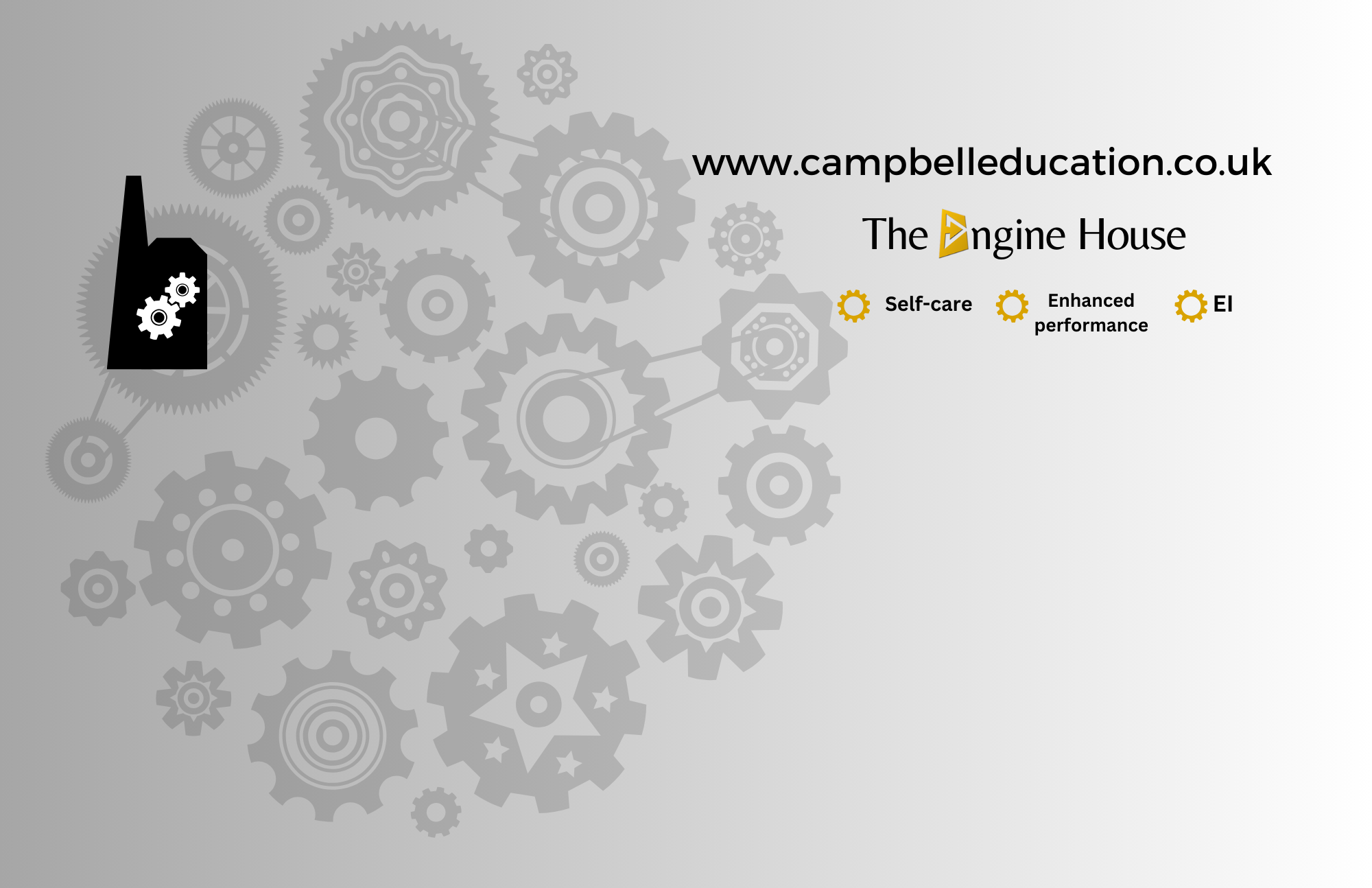EI training with Campbell Education is about better choices.
- Gaining control of your responses to events
- Being able to let go of past responses (some of which can be very difficult to live with)
- Creating new understandings that make you emotionally and mentally stronger and more agile
- Developing new thinking skills and, with use, new habits
Research has demonstrated that training over Zoom calls is an effective way to learn. All participants in the study reported improvements in factors affecting present state wellbeing, (how they are feeling now) with an average gain of 23%. (ABC Evaluations Study, 2020)
Training works in a very easy way, but at a deep level. Learners are taught to use a symbolic language, a new story, with which to think, understand and talk about emotions – even the difficult ones. They quickly realise they knew this language already; they just had not noticed it and did not know how to use it. That is why training is so fast, because everything you need is already in place, all you require is an expert to help you use the controls. You can learn the basic skills for achieving a successful emotional life in just three hours. After that it is up to you to do the real work; the more you practice, the sooner you feel fantastic.
The language allows us to actively gain control of our emotional brain (limbic system) by sending down thoughts from our forebrain, where our conscious mind operates. Neural plasticity is the ability of your brain to learn (growing new neural pathways). By using the models and skills in the training on a regular basis you begin to literally rewire your brain by changing your mind. This works just like an algorithm, recording conscious thinking and subtly learning from it to generate subconscious activity of the brain in ways that feel good for you. Like body building, brain building requires effort. The more attention you pay to it, or the more powerful the emotions you are dealing with, the faster it will work. That is why stressed people learn so fast, and those who are more relaxed need to work at it to get the same results.
It is feeling good that makes it all work, so there is no need to worry about dwelling on your misery. Training does not involve talking about past events, it is about thinking afresh. We do dip into your album of past emotions (just like flipping through a photo album) but with the purpose of selecting one and practicing new techniques on it. The stronger the emotional response the faster the learning, but you choose what you want to work with, and the details of the past are not discussed, training is completely private. You will learn to take control in the present moment, then grab those past or present reactions to events and zap them quickly; literally cleaning them up and overwriting them to create a rush of satisfaction. We are creating good feelings here, not sadness. The final stage of training is to establish new boundaries and habits that enable you to maintain good emotional health for life. You may choose to go further in your emotional learning journey through developmental coaching, but Basic Training is all you need to be an expert driver!
Will it work for everyone?
No, there are some people who are not in a position to benefit from training; those who are traumatised and those who are in love with suffering.
People who are suffering from actual trauma (emotional or mental) are not ready for training. Stress is suffering, but it is not trauma. People experiencing stress tend to learn fast and easily, almost instantly feeling the results, as they are working with ‘live’ fresh emotions. Trauma is actual damage to the mind and the emotional system that requires therapy. Anyone who is really struggling to cope with daily life will not be able to achieve real success in this work until they have achieved healing, which is best done with help from a therapist. Campbell Education does not offer therapy, but can put you in touch with trustworthy therapists if you need their help.
Training has been shown to work with neuro-nontypical clients. This is an area where research is already underway, and will be exploring what variations in the normal range are able to gain advantage from training. Watch this space for more information on this, and if you are interested in taking part in research, contact the office.
People who are in love with their own dramas, and who relish living on the edge, may well learn these new skills, but often choose not to use them. (Learning these skills can certainly make it easier to live or work with them though!)
© Campbell Education, training and coaching products and all contents are the intellectual property of Helen Campbell. All rights reserved.

